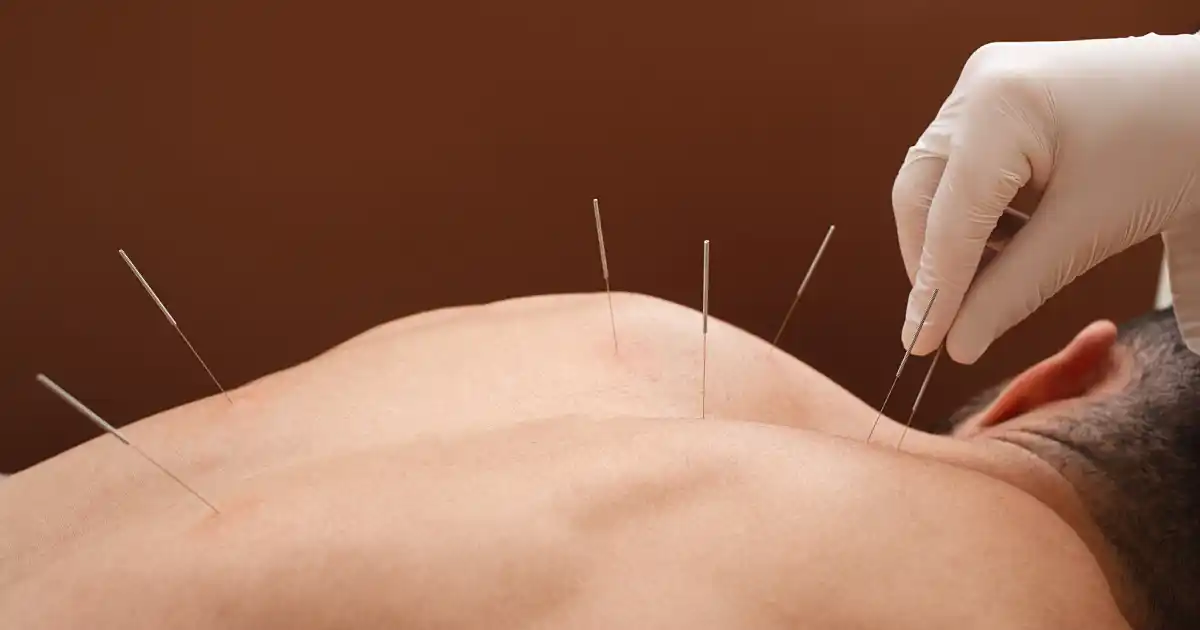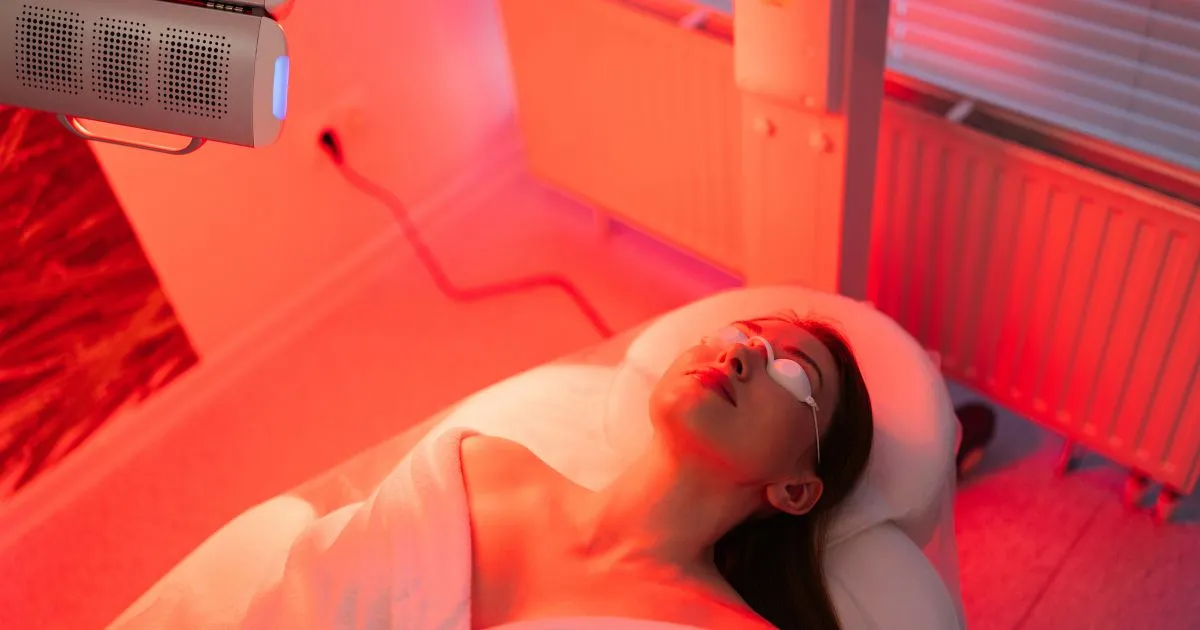Table of Contents
Introduction
High-dose Vitamin C therapy, a medical approach targeting cancer cells directly, has gained significant interest for potential cancer treatment. Recent studies have explored how this treatment might induce oxidative stress in malignant cells without harming normal tissues, sparking ongoing research into its efficacy and mechanisms of action against cancer. Let’s explore the potential of high-dose Vitamin C therapy in enhancing cancer cell treatment, highlighting its potential to surpass diet-based methods.
The Science Behind High-Dose Vitamin C Therapy
Ascorbic acid, often known as vitamin C, is a necessary nutrient that is well-known for strengthening the immune system and having antioxidant properties. The interest in high-dose Vitamin C as a cancer treatment stems from its proposed mechanisms of action when administered at concentrations much higher than those achievable through oral intake. At these elevated levels, Vitamin C is thought to produce hydrogen peroxide, a substance that can damage DNA and other cellular structures in cancer cells, potentially leading to their demise without harming normal cells.
Clinical Research and High-Dose Vitamin C Dosage
Clinical trials have been pivotal in exploring the efficacy of high-dose Vitamin C therapy. Intravenous administration allows for the achievement of plasma concentrations over 100 times higher than those attainable through oral consumption.
Dosages vary but typically range from 50 to 100 grams per infusion, administered several times a week. Research reveals promising outcomes, highlighting improved quality of life in some studies and showcasing potential synergies when combined with conventional cancer therapies, underscoring its potential as a complementary treatment approach.
Efficacy of High-Dose Vitamin C
The potential of high-dose Vitamin C in cancer treatment is an area of ongoing exploration, offering glimpses of promise. Research has documented its ability to decelerate cancer cell growth in animal models and augment the efficacy of chemotherapy. Human studies have reported enhanced quality of life and diminished treatment side effects like nausea, pain, and fatigue. Despite the variability in outcomes, these insights fuel the need for more comprehensive clinical trials to fully ascertain the capabilities and boundaries of high-dose Vitamin C in combating cancer.
Combination Therapy: Enhancing Conventional Treatments
Combining high-dose vitamin C with traditional cancer treatments like radiation and chemotherapy is a particularly exciting field of study. The rationale for this approach lies in Vitamin C’s potential to act as a pro-oxidant at high concentrations, producing hydrogen peroxide that can selectively kill cancer cells. When used alongside traditional treatments, Vitamin C may enhance their effectiveness by increasing cancer cell sensitivity to these therapies while simultaneously mitigating some of their adverse side effects.
Research has demonstrated that high-dose vitamin C may, under certain circumstances, enhance the cytotoxic effects of chemotherapy medications, resulting in a more marked decrease in tumor development. Similarly, when combined with radiation therapy, Vitamin C has been observed to improve the response of cancer cells to treatment, potentially leading to better treatment outcomes.
High Dose Vitamin C in Fairfax, VA
When selecting a provider for high-dose Vitamin C therapy in Fairfax, VA, choosing a medical practitioner or clinic specializing in integrative cancer treatments with experience with administering Vitamin C intravenously is essential. Seek a healthcare professional who is board-certified, has a solid safety track record, and can create individualized care plans after thoroughly evaluating your medical needs. Moreover, consider selecting a provider who actively collaborates with your oncology team to ensure that high-dose Vitamin C therapy is integrated seamlessly with your overall cancer treatment strategy.
In fact, Gentle Wellness Center in Fairfax, VA, stands out as one of the premier providers of high-dose Vitamin C IV therapy, highlighting their commitment to integrative cancer care. They offer a holistic approach to treatment, combining high-dose Vitamin C with other supportive therapies tailored to each patient’s unique health needs. In order to give patients the most efficient and customized care possible, their team of medical experts is committed to providing compassionate care.
Safety and Considerations
When considering high-dose Vitamin C therapy, especially as a potential treatment for cancer, understanding the safety profile and various considerations is crucial. While the prospect of using Vitamin C in oncology is exciting, it’s essential to approach this treatment option with a comprehensive understanding of its benefits, potential risks, and how it fits within the broader context of cancer care.
Safety Profile of High-Dose Vitamin C
High-dose Vitamin C is generally considered safe for most patients when administered under medical supervision. The most common route of administration for therapeutic doses is intravenously, which allows for higher concentrations of Vitamin C to be achieved in the blood than would be possible orally.
This method minimizes gastrointestinal discomfort and other side effects associated with high oral doses of Vitamin C. However, despite its generally good safety profile, there are specific considerations and potential risks associated with high-dose Vitamin C therapy:
- Kidney Stones: Kidney stones can occur, especially for those with a history of kidney stones or specific metabolic disorders. Excessive vitamin C intake may raise urine oxalate levels, which may result in renal oxalate deposits.
- Iron Overload: Vitamin C increases iron absorption from the gastrointestinal tract. In individuals with hemochromatosis or other conditions that cause iron overload, high-dose Vitamin C could exacerbate these issues, leading to further complications.
- Interactions with Chemotherapy and Radiation: While some studies suggest that Vitamin C may enhance the effectiveness of certain chemotherapy drugs or radiation therapy, others indicate that it could interfere with these treatments. The antioxidant properties of Vitamin C might protect cancer cells from the oxidative damage intended by these conventional treatments, potentially reducing their efficacy.
Patient Considerations and Contraindications
Not all patients are suitable candidates for high-dose Vitamin C therapy. The following conditions or factors may contraindicate its use:
- History of Kidney Disease or Kidney Stones: Due to the increased risk of kidney stones, patients with these illnesses should use caution and are frequently advised against high-dose vitamin C therapy.
- Glucose-6-Phosp ate Dehydrogenase (G6PD) Deficiency: This genetic condition affects red blood cell function. High-dose Vitamin C can cause hemolysis in affected individuals, leading to serious health complications.
- Ongoing Treatment with Certain Chemotherapeutics: Patients undergoing treatment with certain types of chemotherapy should consult with their oncologist before starting high-dose Vitamin C, as there may be interactions that could affect treatment outcomes.
Monitoring and Medical Supervision
Due to potential risks and concerns, high-dose vitamin C therapy should only be administered under the guidance of a medical professional qualified in this kind of care. To guarantee the safety and effectiveness of the treatment, regular evaluation of iron levels, renal function, and general health is necessary.
Healthcare providers may also need to adjust cancer treatment regimens when incorporating high-dose Vitamin C therapy based on the latest research findings and the individual patient’s response to treatment.
Conclusion
High-dose Vitamin C holds exciting promise as an integrative approach to cancer treatment, with ongoing research and discussion in the medical community highlighting its potential to target cancer cells effectively. Gentle Wellness Center in Fairfax, VA, offers High-dose Vitamin C IV Therapy, which administers concentrated vitamin C directly into the bloodstream to achieve plasma concentrations significantly higher than oral intake, potentially exhibiting anti-cancer effects, notably in cancers with KRAS or BRAF mutations. Explore the transformative potential of High-dose Vitamin C IV Therapy, a pioneering treatment that targets and potentially kills cancer cells, opening a new frontier in the fight against cancer.





